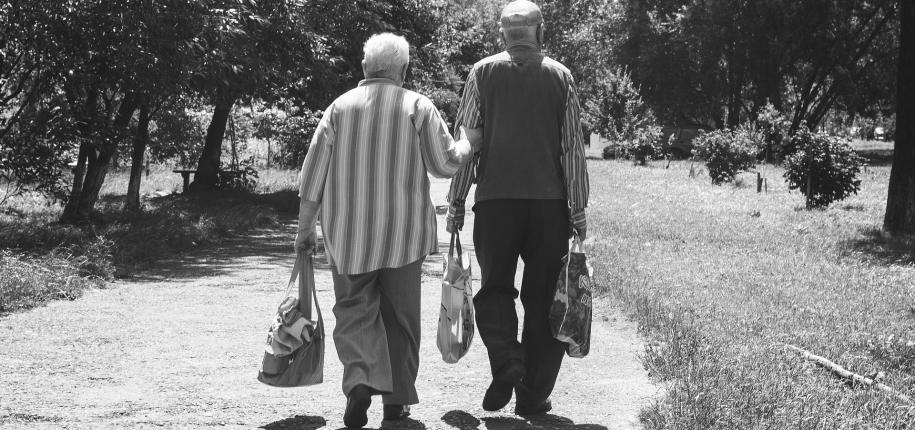We all know that those who use our services have greater needs than those that are expressed when they reach out to 211. When someone is calling us for food, our experience tells us there is more – transportation, healthcare, crisis, electric, gas, insurance, and housing, just to name a few. Are we building a system that offers short term fixes to cover the symptoms of poverty or are we working diligently to help people who need long-term help?
According to Ruby K. Payne, there are two main things that can help people leave generational poverty: education and relationships. Payne is one of the authors of “Bridges Out of Poverty: Strategies for Professionals and Communities,” the main concept being that people in generational poverty often use relationships as a driving force in decision-making.
As members of #Team211, are we focusing on relational or transactional interactions? For example, when someone is calling us for food needs, are we simply giving them the proper resources, or are we being the trusted gateway in which our communities feel safe and secure to ask for more? According to "Bridges Out of Poverty," “When people who once struggled with poverty, and have made it into middle class, are asked how they made the journey, the answer nine times out of ten has to do with relationship – a teacher, counselor, coach, or boss who made a suggestion or took an interest in them as an individual.”

Stephen Covey’s work on relationships in “The 7 Habits of Highly Effective People” breaks it down: are we seeking first to understand? This means asking questions and listening rather than quickly judging and diagnosing. Yes, this may be the 50th call today you’ve taken about food, but are you really listening to what is being said, and doing so in a kind and courteous manner?
It’s more work and more draining but a famous saying goes “when someone asks you to go a mile with them go two” that’s where miracles happen."
